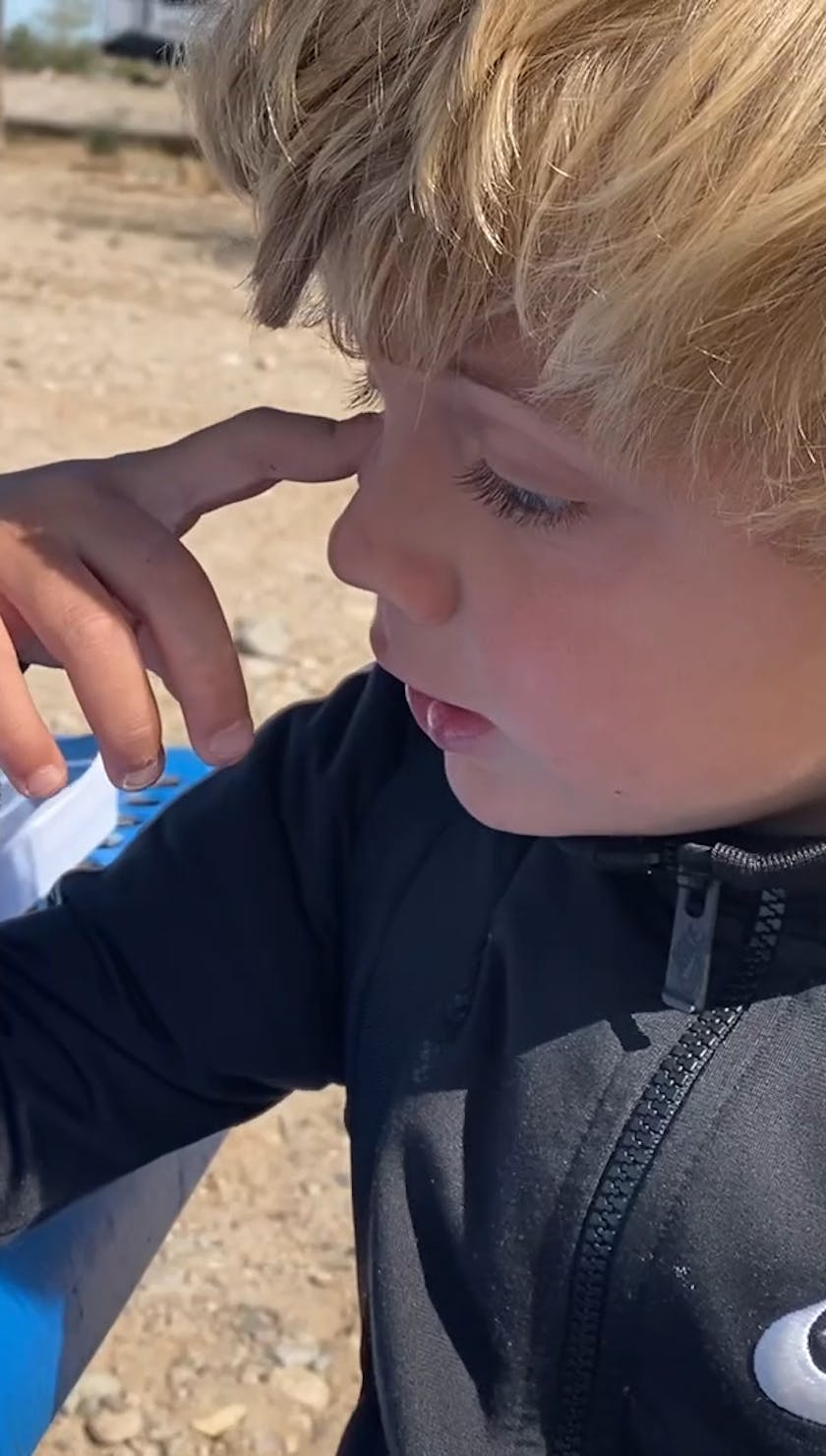Parents teaching kids, kids teaching parents. Either way, we see there's a lot to learn.
Here we are - ALL of us. Some of us by choice, but the large majority by surprise. We are now homeschooling, separate, yet together. I call it homeschooling because you are now educating your kids from your home. The stark reality is that what the world is doing is far from homeschooling. In homeschooling the schoolroom extends far beyond the 4 walls of your house. It extends into nature, museums, and parks. It is full of community and field trips with friends. It is filled with deep human connections and socializing. I say all that to give yourself grace as you tread these new waters, you are in-fact not homeschooling; you are quarantine or crisis schooling. For us homeschooling is our normal, and even I find myself struggling during this time. Everything is different, my mind is preoccupied and our routine is being re-worked. Here is the thing - homeschooling is really a beautiful thing. It gives you freedoms you didn’t know you had and that you may find yourself longing for once life returns to “normal.” If this time of quarantine inspires you to look into a lifestyle change and become a homeschooling family, I look forward to meeting you on the other side of all this, and sharing with you in the excitement of what homeschool really looks like. Alas, here we are. Now that you are HOMEschooling it is important to try not to recreate school at home, but instead bring school into your home. Here are 5 things I wish I had known before we started homeschooling.
1. Kids are ALWAYS learning.
Kids are literal sponges. They are constantly taking in the world around them and learning from everything. While you are in quarantine, maybe it looks learning to cook, how to help care for younger siblings, or helping to create their own schedule. Perhaps, the child can choose a topic of interest and you can spend time together learning about it. Allowing your children to be involved in the planning process and make choices will help build their confidence and excitement. For younger kiddos maybe this looks like collecting insects all day and building little homes for them, for older maybe it means learning a new hobby.
2. School has no time constraints
You are home and you have the flexibility to make your schedule into one that works for you and your family. Maybe you are not a morning loving family - plan to start school after lunch! Maybe you are a single parent or both parents are working full-time from home or at their job - school in the evenings or on weekends. Allow yourself to be done when you are done - you are not schooling a classroom of 23 children; your “school day” simply will not last for 6 hours. If you are done with what you wanted to accomplish in 2 hours, its ok to be done. Enjoy the rest of your day to allow for free-play or a nap! If it’s hard and tears are being shed or everyone is fighting (because, reality) step away - call it a day.

3. It is OK to mix and match
Your school district may be sending you work or a curriculum to follow, but if not it’s ok to test out different curriculums and pull what you like from each one. We use 3 different curriculums currently - one for LA, one for math, and another science. It is also OK, to give yourself time to find what works. This is homeschooling, but it is also crisis schooling - you were not given time and notice to research different options. Taking a few weeks to find your groove will not make or break your child’s education.
4. Go Outside
Take school outdoors, or just go outside. Have races in the backyard - there is PE. Talk about the types of clouds in the sky or the parts of flower - there is science. Talk about the climate where you are and compare it to other parts of the world - Geography. Look up facts about what happened on this day in the world 30 years ago - history. If your kids are older encourage them to research current events and compare to the last pandemic. They are literally living history - their grandchildren will learn about the COVID19 pandemic in school and they will have stories to tell from their perspective.

5. Technology
We are extremely blessed (in most cases) to live in a technologically advanced society. Use FaceTime and Zoom to your advantage. I know many schools are using zoom classrooms, but use your creativity and maybe invite your friends to a zoom science experiment or FaceTime friends to join you for lunch. There is also an abundance of resources available via the internet right now. Free classes, how-to videos, read aloud stories, audible books, and virtual field trips to National Parks, zoos and aquariums to just name a few. Do not try to do all the things and take advantage of all of the resources; that can be extremely overwhelming. Instead, choose maybe one new activity every few days. Enjoy the slow. Allow boredom. As Robert M. Pirsig quoted, “Boredom always precedes a period of great creativity.”
